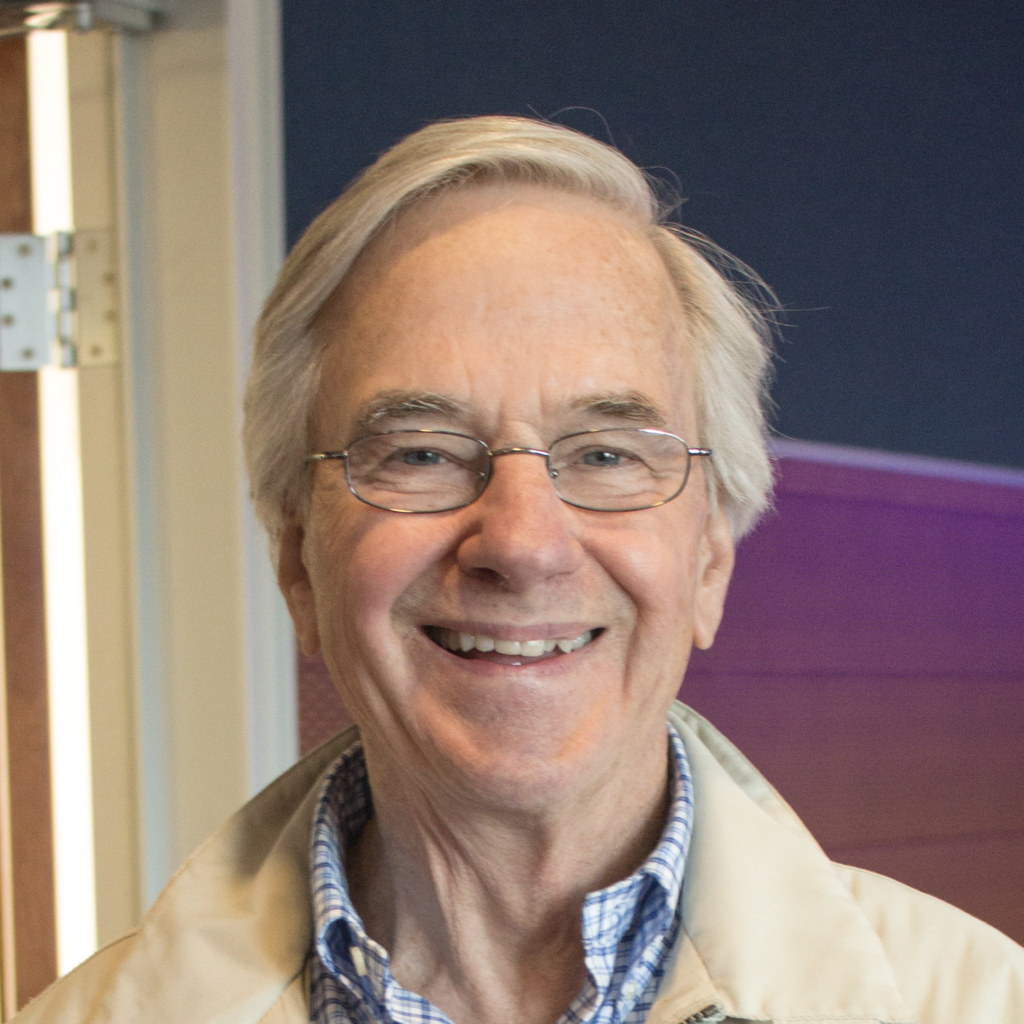Conventionalizing the Unconventional — Board Member Bob Cliff shares his experiences as a consultant with skills in IEOR
Exposure to a diverse set of tools of Industrial Engineering and Operations Research is a blessing for all students in the program. However, it is natural for students to be overwhelmed by the number of options at their disposal and for them to be left wondering about where their skills can be best applied. With options aplenty, IEOR graduates often take unconventional career routes to make the most of their academic specializations.

In a recent conversation with the department, Bob Cliff, founder and ex-director of Cliff Consulting and now a member of the IEOR Advisory Board, shared his experiences of successfully applying his IEOR skillset to fields deemed unconventional in his time.
Having had an emphasis on science in high school, Bob, who graduated in 1970 with an IEOR Ph.D., M.S., and B.S. from Cal, was talked into doing engineering by his dad. Starting his academic journey at the University of Southern California, set for a degree in electrical engineering, Bob wasn’t very pleased with the academic environment and soon transferred to Berkeley, calling the move “the first step on my own.” Enrolled in Berkeley for electrical engineering, Bob realized after his first class that Kirchoff’s rules weren’t for him and rather wished to study something similar to his experience from working at a steel factory in the summer. And there came the switch to IEOR.
“I loved it here! It was just incredible,” claimed Bob as he spoke about how flowchart and algorithm heavy the curriculum back then was. As a student, Bob got involved with research in human factors engineering, which continued through graduate school, and worked on a human-machine interface particularly related to loss of attention when driving cars.
Proficiency in research meant that Bob began receiving offers for joining faculties — including one by a visiting lecturer from the Massachusetts Institute of Technology. Bob, however, was unsure about entering academia.
In a conversation with his IEOR research professor at Cal, Dr. Ted Crossman, Bob claimed “I’d like to apply what I’ve learned and look for a job.” To give Bob time to gauge opportunities outside, Dr. Crossman offered him assistant professorship without tenure track for two years, which he accepted. In those two years, Bob taught classes on human factors engineering and stochastic modeling — drawing from his research experience in simulation.
Bob’s true interests, however, lay in a domain unexplored at the time by IEs. “At that time industrial engineering… was aimed at manufacturing — building cars, refrigerators — it was not used in the space of services like banks and insurance companies,” claimed Bob, who was determined to change the status quo with the launch of his new company, Cliff Consulting.
As a consultant, Bob’s first breakthrough opportunity came from Bank of California, who processed the accounts for ‘Shell Credit Card’ — one of the many credit cards issued by gas companies at the time. It was a time-intensive process of capturing payments and sorting checks for all transactions. The enclosed checks were sorted and then delivered to the respective banks. The process was not efficient and the workers’ morale was low. The personnel department was unhappy with the workers’ morale. Bob saw this as a great industrial engineering problem, wherein all that he had studied could be applied. To improve productivity, he suggested improvements in sorting checks based on bank locations and applying worker standards as a bare minimum and also provided incentives for performance in processing payments. Bob also initiated an internal assessment that allowed workers to be placed in other responsibilities if they weren’t able to meet the standard. Overall, Bob’s work helped increase morale and also productivity by 20%.
Bob’s profile of prominent consulting projects also includes helping five major banks establish Master Charge (now MasterCard), and assisting Kaiser Permanente to develop a healthcare database system of medical information and treatments (a concept that is the foundation of delivery systems today). When talking about how industrial engineering lessons helped him, Bob vividly remembers having to schedule part-time student employees to handle merchant calls for credit card services by using linear programming, and saving 15% in costs through the optimal model.
Bob headed his small-scale firm for over 40 years and eventually decided to call it quits in 2013. Since then, he has volunteered to take up the role of a foundation board member at the Lake Tahoe Community College, through which he takes the onus on himself to help all low-income students get full-ride scholarships and access to learning materials. As a board member, Bob emphasizes the importance of a four-year degree for local students and takes great pride bringing students to visit the Cal campus each year. Last year, five students from Lake Tahoe gained entrance into Cal!
As a young entrant into the workforce, Bob’s mindset was well ahead of its time — to use IEOR as an “idea of applying engineering methodology to business problems that work out in all sorts of fields.” While this helped him carve a phenomenal career for himself, he also realized that there are three kinds of IEOR graduates — academia oriented, those interested in intricate problem solving, and those meant for managing the larger picture. Advising current students about this, Bob suggested it’s imperative for students to know what their nature is, and figuring out, with actual practice, in which category they belong. Given that industries realize IEOR’s value and versatility now, the need is abundant. It is only a matter of assessing one’s fit.